Raising a child is a journey filled with joy, wonder, and, let’s be honest, its fair share of challenges. When a child has Attention-Deficit/Hyperactivity Disorder (ADHD), those challenges can feel amplified, creating a rollercoaster ride for both parent and child.
ADHD is a neurodevelopmental disorder characterized by inattention, hyperactivity, and impulsivity. While every child experiences these traits to some degree, children with ADHD exhibit them persistently and to a level that significantly impacts their daily functioning at home, school, and in social settings. Understanding the realities of caring for a child with ADHD is crucial for providing effective support and fostering a loving, thriving environment.
Understanding the Daily Hurdles:
The challenges of parenting a child with ADHD are multifaceted and often emotionally taxing. Here are some common hurdles:
- Behavioral Management: Following rules, completing chores, and managing emotions can be significant struggles. Impulsivity can lead to behavioral outbursts, difficulty waiting their turn, and acting without thinking. This can result in frequent discipline needs and feelings of frustration for both parent and child.
- Academic Struggles: Inattention makes it difficult for children with ADHD to focus on tasks, follow instructions, and complete assignments. This can lead to poor grades, feelings of academic inadequacy, and resistance to school.
- Social Difficulties: Hyperactivity and impulsivity can make it difficult to navigate social situations. Children with ADHD may interrupt, struggle with turn-taking, and have difficulty understanding social cues, leading to potential social isolation and rejection.
- Emotional Regulation: Children with ADHD often experience intense emotions and have difficulty regulating them. They may be easily frustrated, prone to mood swings, and struggle to cope with even minor setbacks.
- Impact on Family Dynamics: The constant demands of caring for a child with ADHD can strain family relationships. Siblings may feel neglected or resentful of the extra attention their sibling requires. Parents may experience stress, exhaustion, and even feelings of guilt.
Finding Strategies for Success:
While the challenges are significant, there are strategies that can help manage the symptoms of ADHD and create a more positive and supportive environment:
- Seek Professional Help: A diagnosis from a qualified healthcare professional is the first crucial step. This allows for a comprehensive evaluation and development of a personalized treatment plan, which may include medication, therapy, or a combination of both.
- Establish Clear Routines and Structures: Consistency is key. Implement predictable daily routines, use checklists, and create visual schedules to help your child stay organized and manage their time.
- Positive Reinforcement: Focus on rewarding positive behaviors rather than constantly punishing negative ones. Use praise, small rewards, and positive attention to encourage desired behaviors.
- Break Down Tasks: Large tasks can feel overwhelming. Break them down into smaller, more manageable steps to increase the likelihood of success.
- Create a Supportive Home Environment: Minimize distractions, designate a quiet workspace for homework, and provide opportunities for physical activity to help your child release energy.
- Develop Coping Mechanisms: Teach your child coping strategies for managing their emotions, such as deep breathing exercises, mindfulness techniques, and identifying their triggers.
- Connect with Other Parents: Support groups can provide invaluable emotional support, practical advice, and a sense of community. Hearing from other parents who understand the challenges can be incredibly reassuring.
- Practice Self-Care: Remember to prioritize your own well-being. Taking care of your physical and emotional health is essential for effectively caring for your child.
Embrace the Journey:
Caring for a child with ADHD can be challenging, but also deeply rewarding. Patience, understanding, and a commitment to providing consistent support are essential. Celebrate the small victories, acknowledge the setbacks, and remember that you are not alone. By working closely with healthcare professionals, implementing effective strategies, and fostering a loving and supportive environment, you can help your child with ADHD thrive and reach their full potential. This journey may be a rollercoaster, but with the right tools and support, you can navigate the ups and downs and celebrate the unique strengths and talents of your child.



